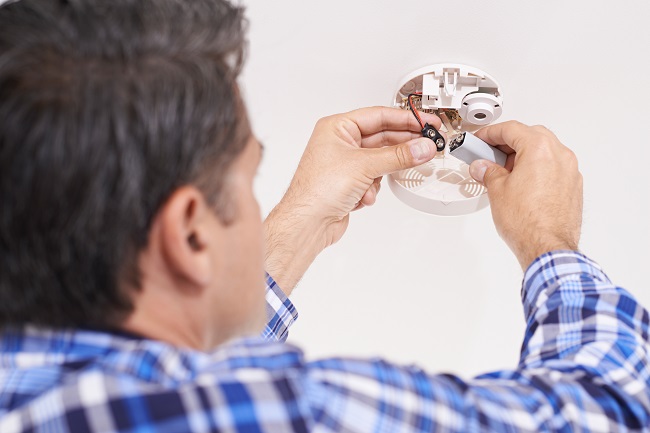The Hidden Danger of Carbon Monoxide
Death can result from Carbon Monoxide (CO) in your home. Even small, non-lethal amounts can cause symptoms from a headache to an irregular heartbeat. The Texas Poison Center Network records hundreds of carbon monoxide poisonings every year.

Why is Carbon Monoxide So Bad?
Carbon Monoxide replaces the oxygen in your blood, you literally are suffocating. Since symptoms can vary widely and mimic other ailments like a cold or flu, you may not think about CO poisoning. If you seek professional help, medical personnel will check your blood for Carbon Monoxide.
Carbon Monoxide is not detected by any of your senses; you cannot see, smell, hear, taste or feel CO. The only way to know you have CO in your home is through instruments designed to detect Carbon Monoxide.
Your Furnace Can Be a Source of Carbon Monoxide
Combustion of natural gas or propane provides the heat from your furnace. Carbon Dioxide (CO2) and water are the normal products generated from the combustion. However, incomplete combustion creates Carbon Monoxide. In a poorly functioning furnace, the combustion is far from complete. Consequently, the CO reaches a toxic level.
The Carbon Monoxide will just move out through the flue in a well-maintained heating system. However, the heating system exhaust can become corroded or damaged and the CO can leak into your home.
I Have a CO Detector, I’ll Be OK
Emergency professionals recommend Carbon Monoxide detectors. Detection of high levels of CO can save your life. However, Carbon Monoxide from a furnace tends to build over time. You can have symptoms of a headache, dizziness, weakness or nausea before the detector alarm activates.
The only absolute way of knowing your furnace does not produce dangerous Carbon Monoxide is from a heating system inspection, the kind conducted by Wayne Price Heating and Air Conditioning.
Take the advice of the Texas Poison Control Center, “the best ways to prevent an exposure to CO is to regularly maintain your heating system and install a detector.” Contact Wayne Price Heating and Air Conditioning before you turn on your furnace.
